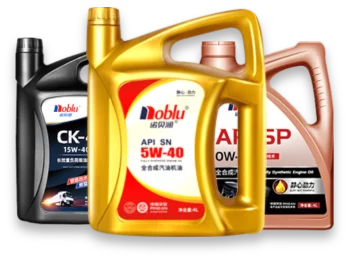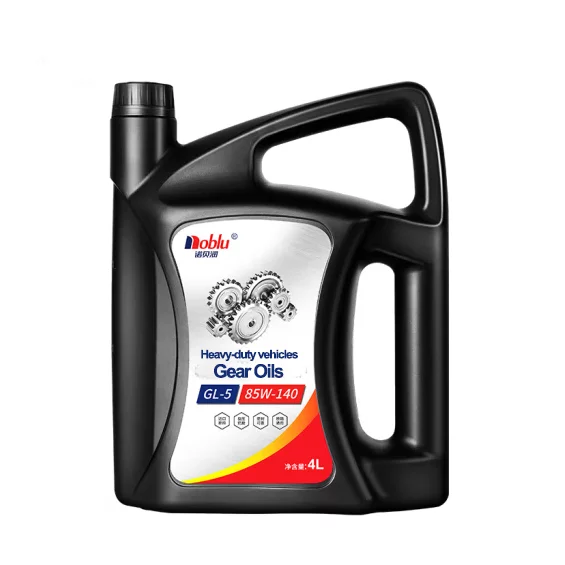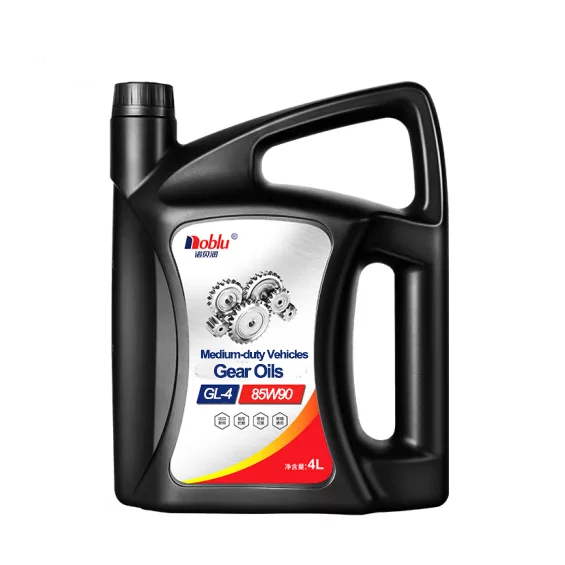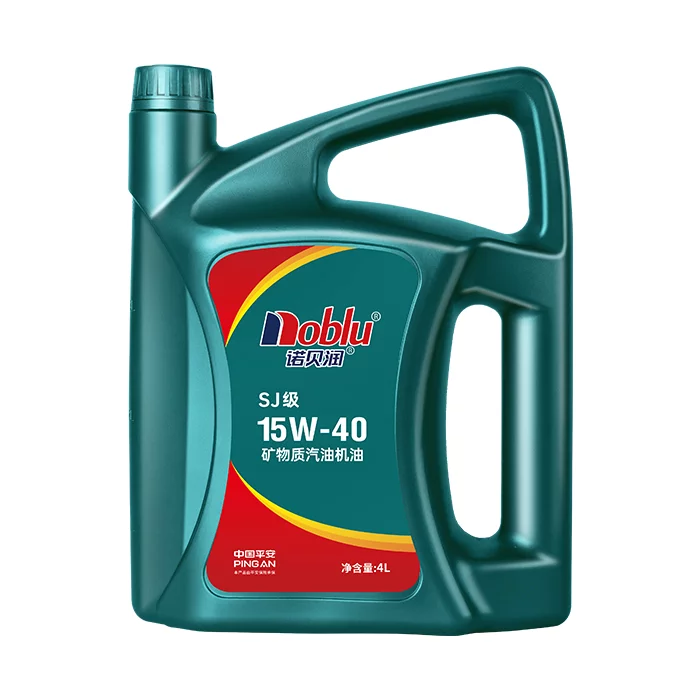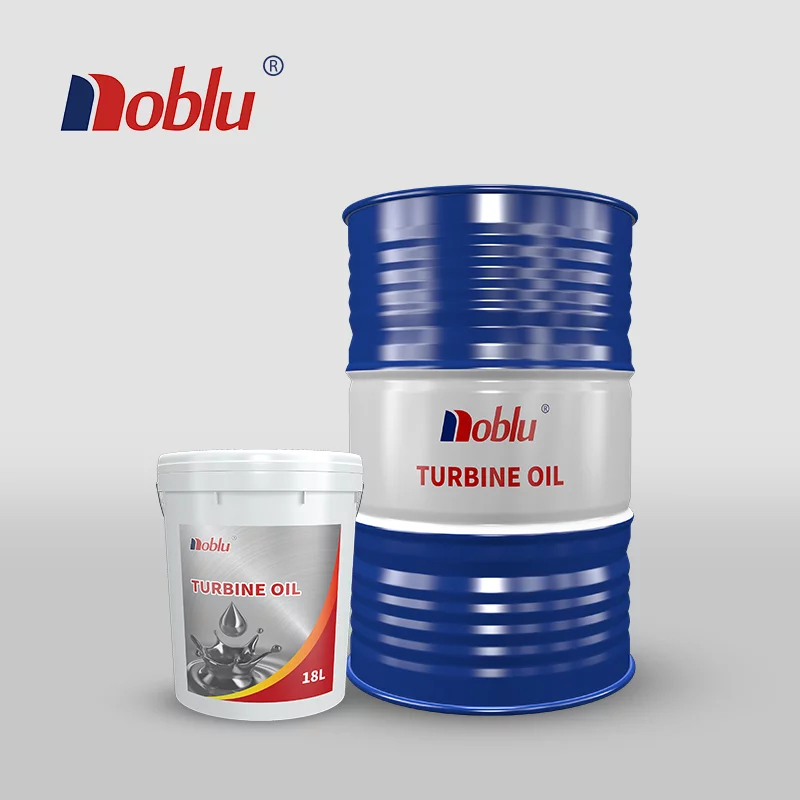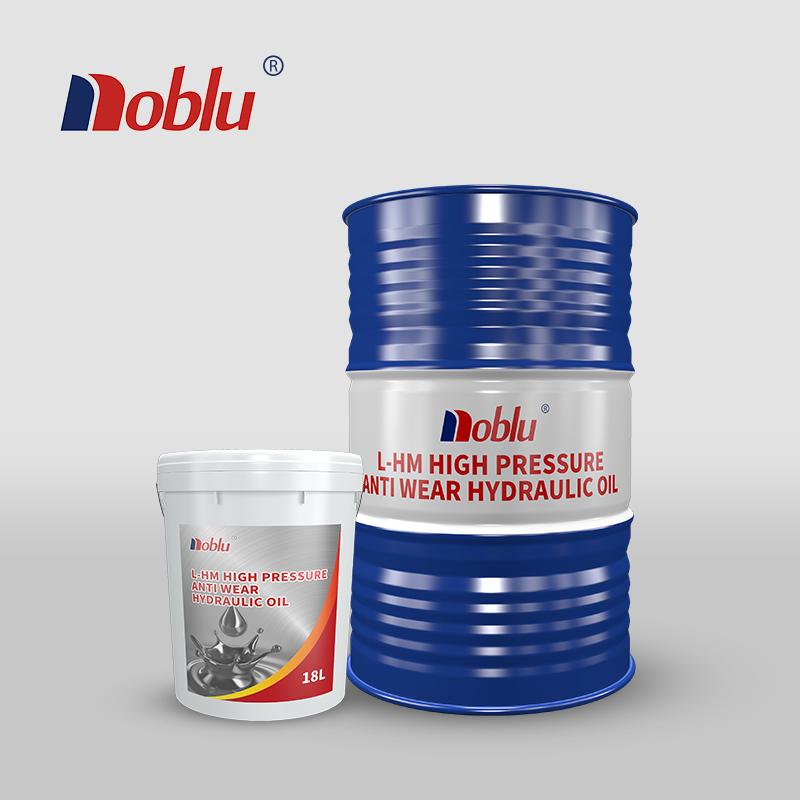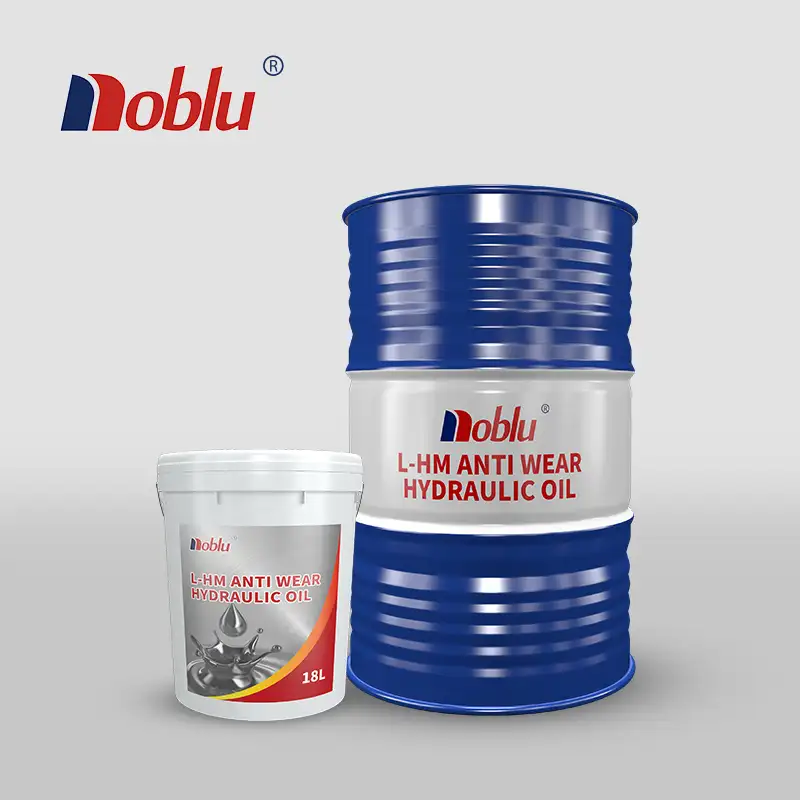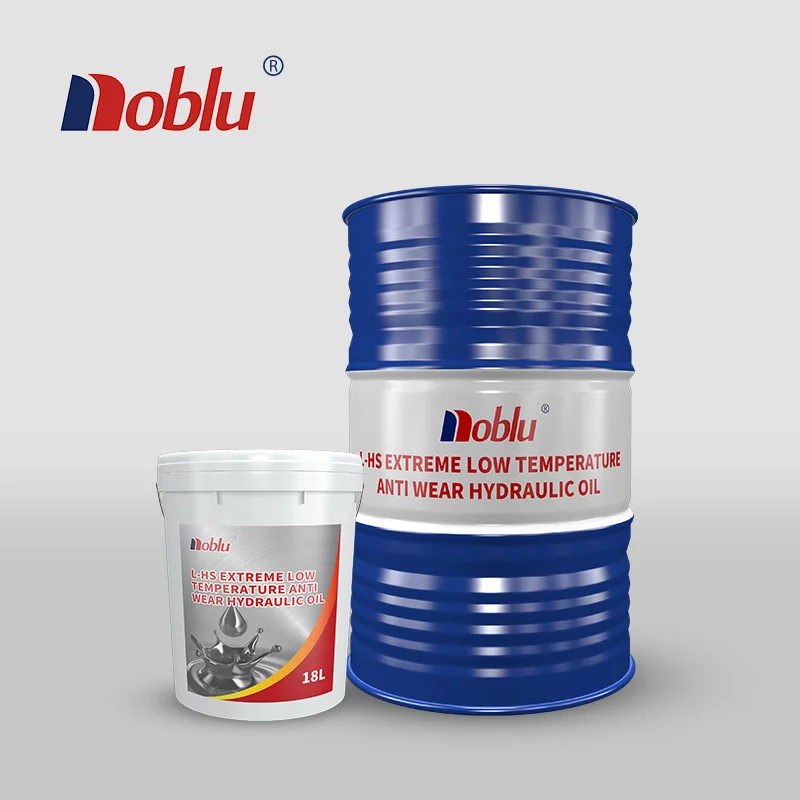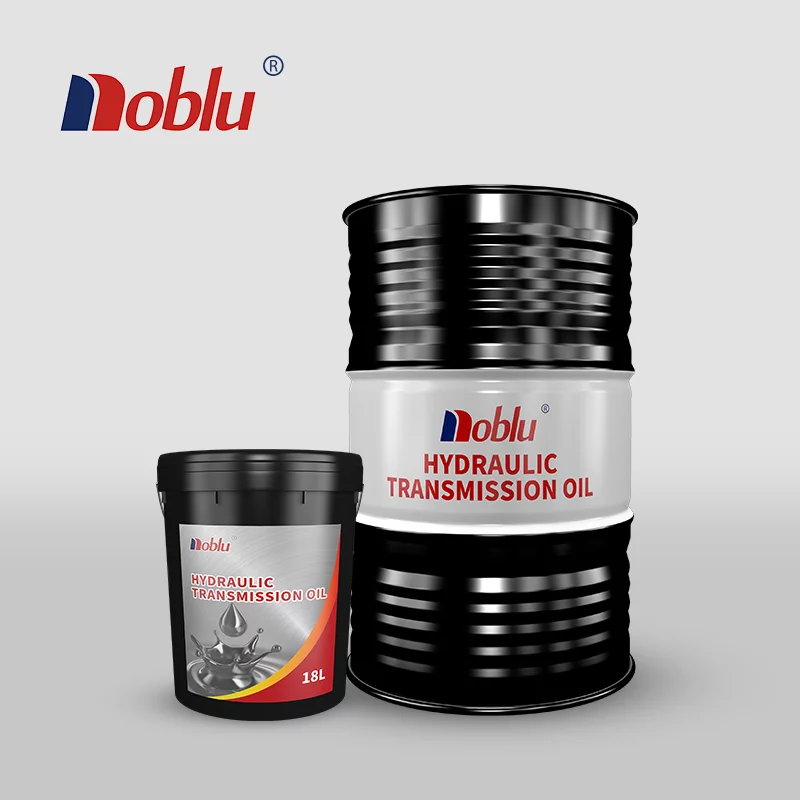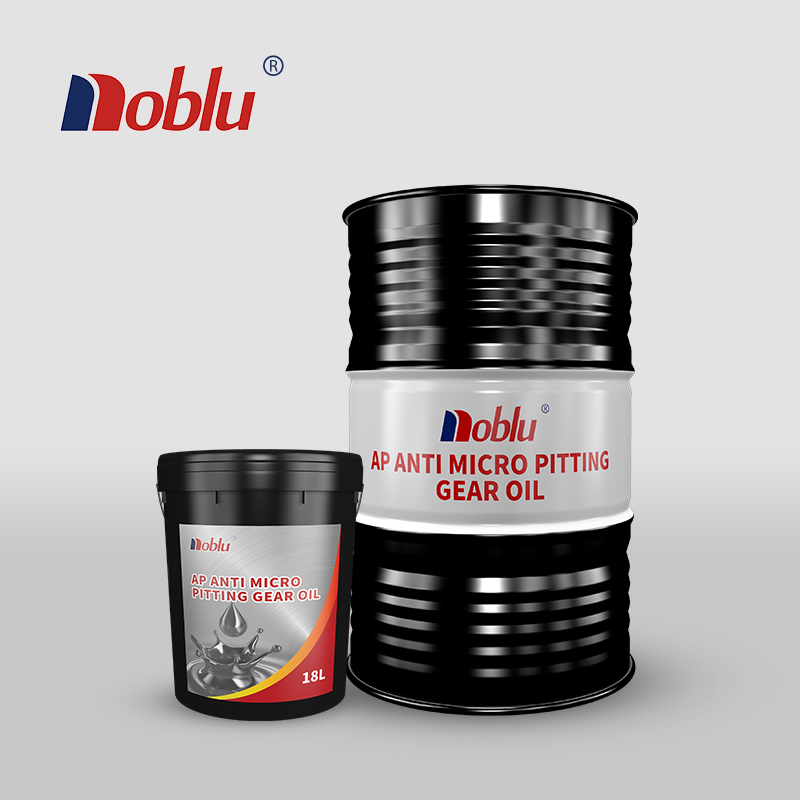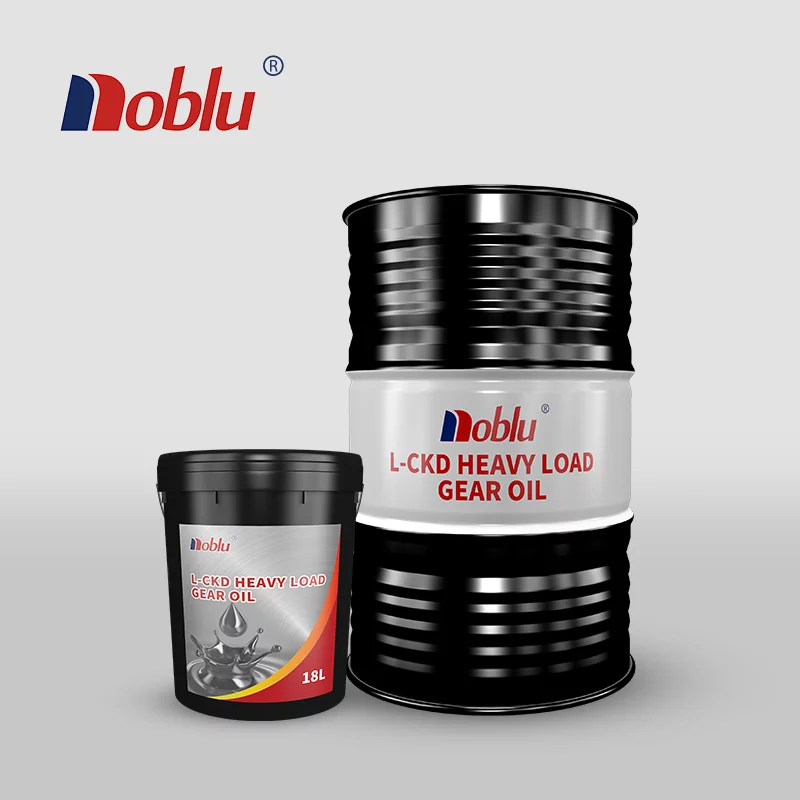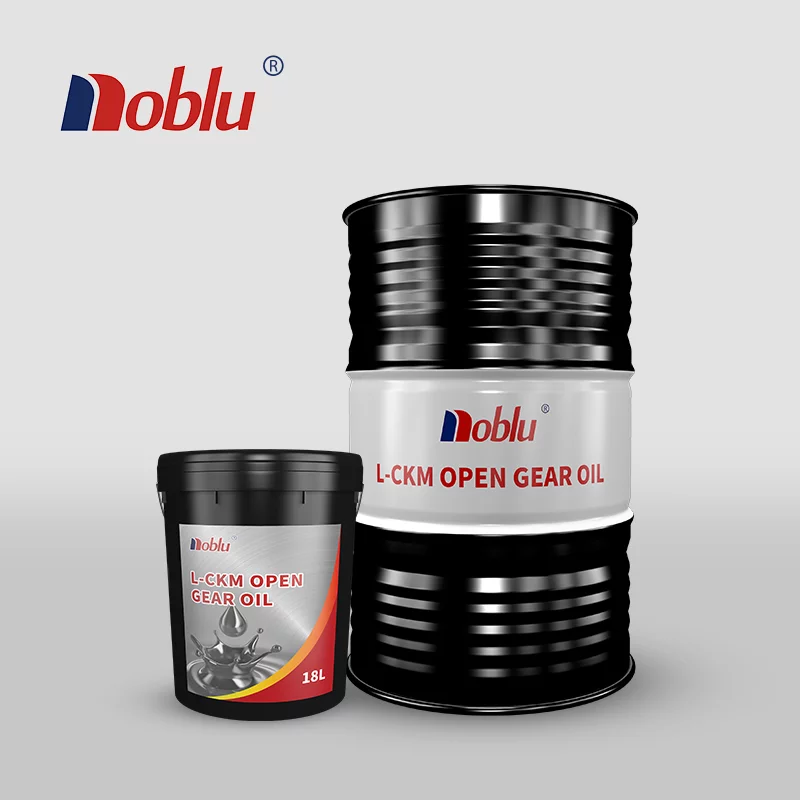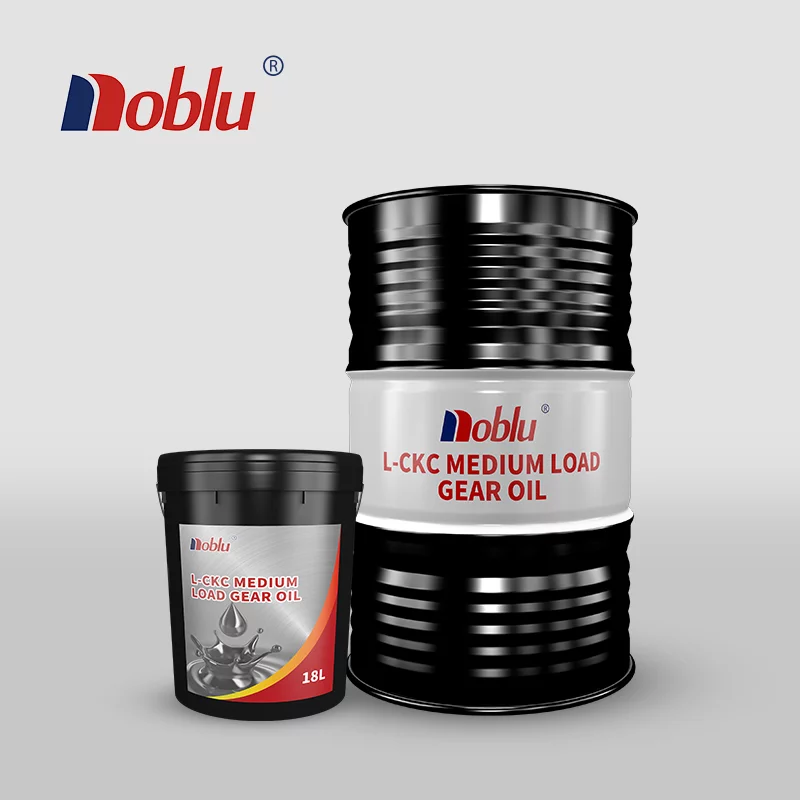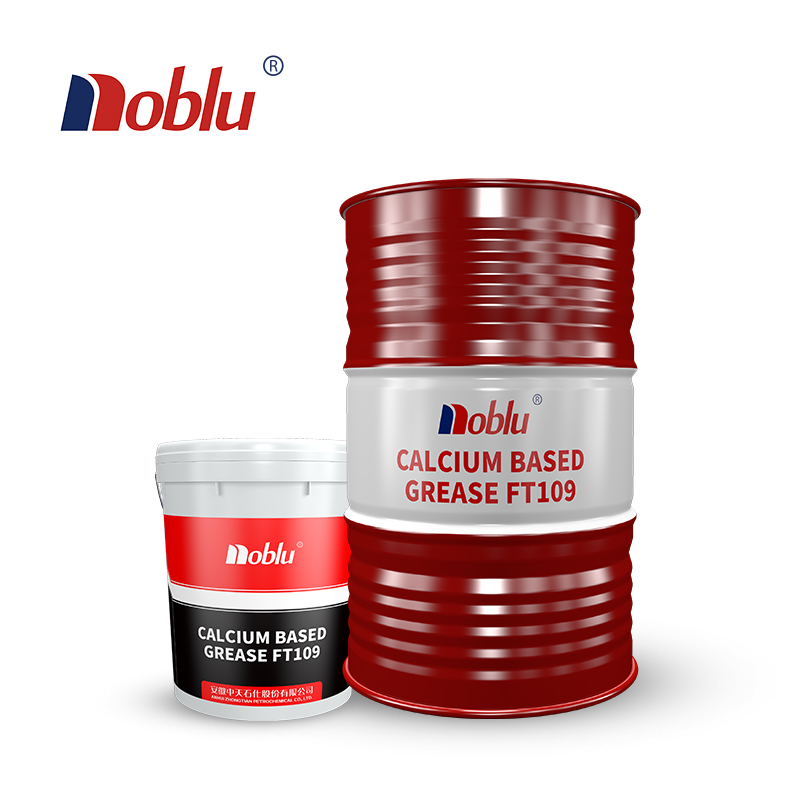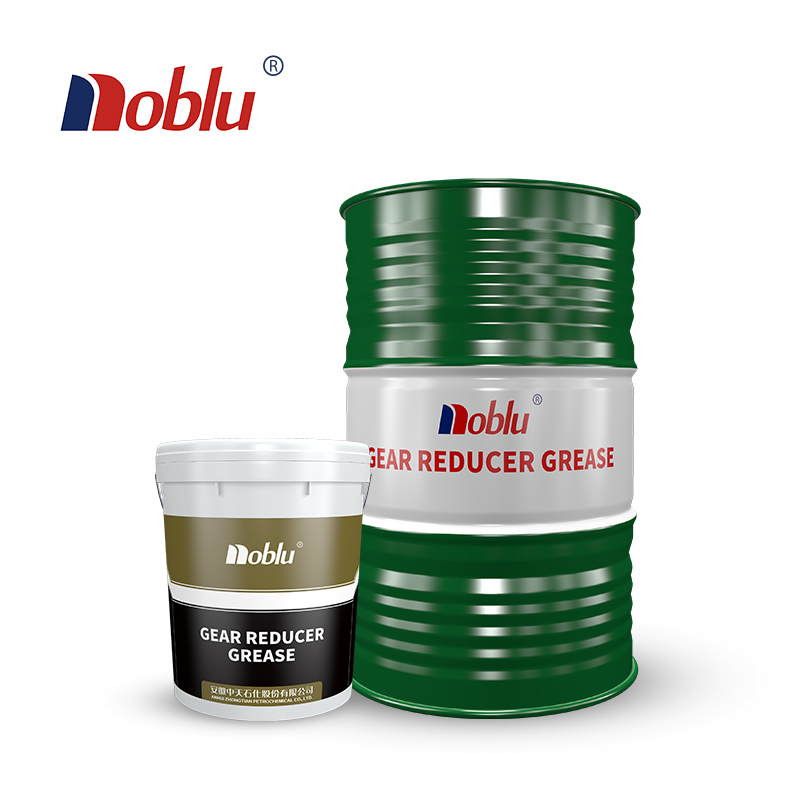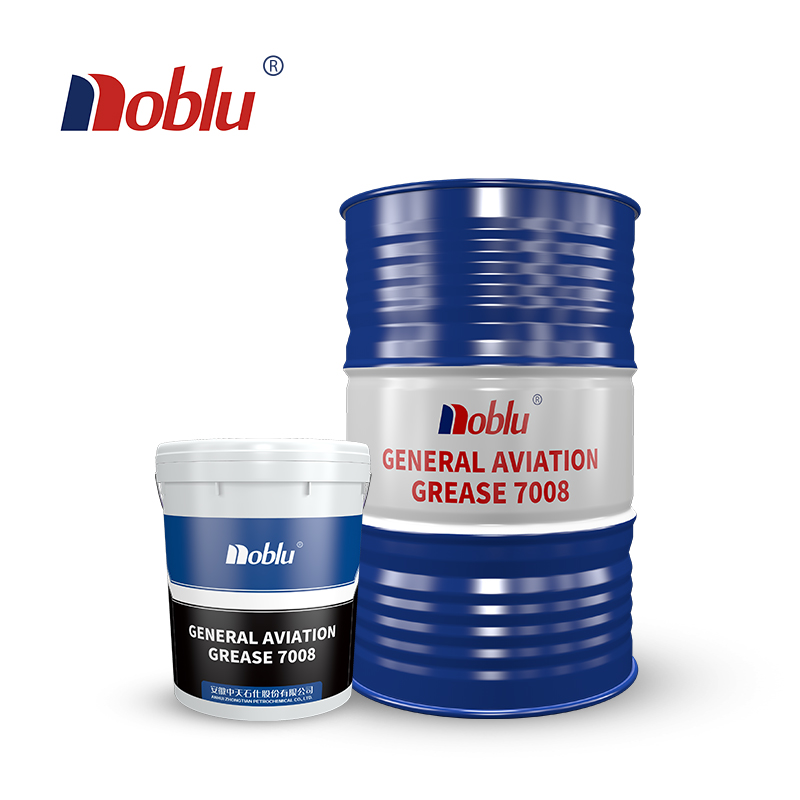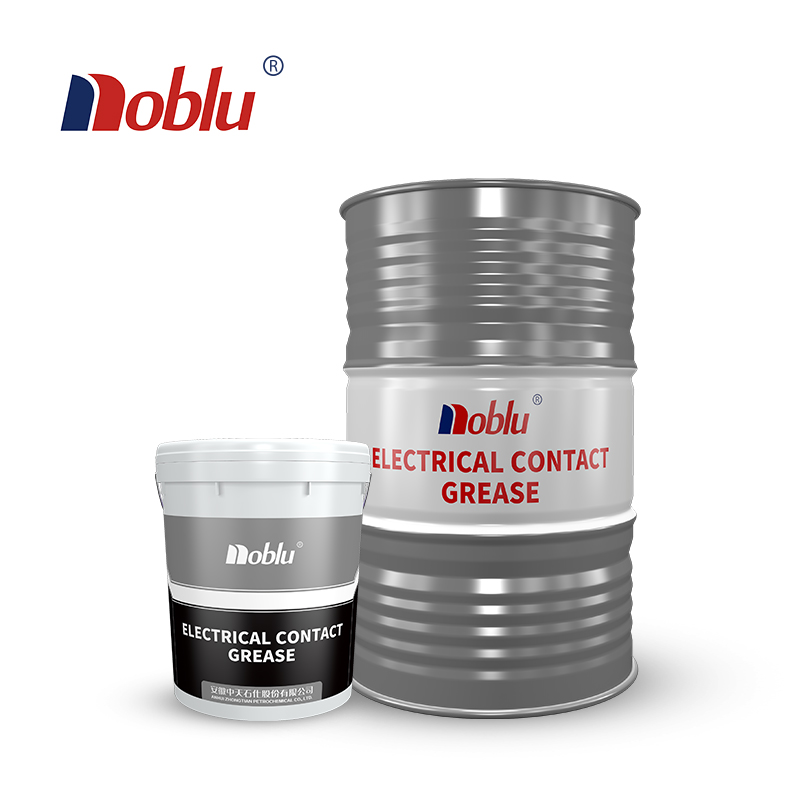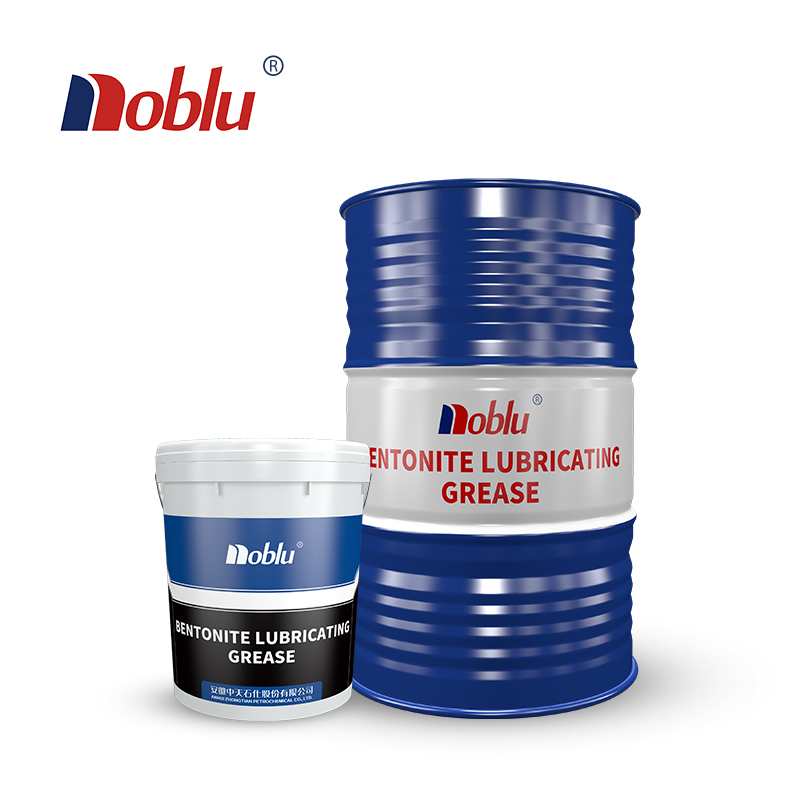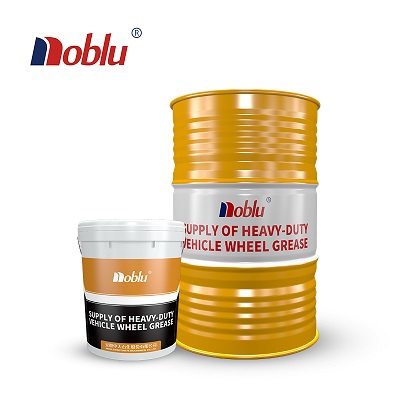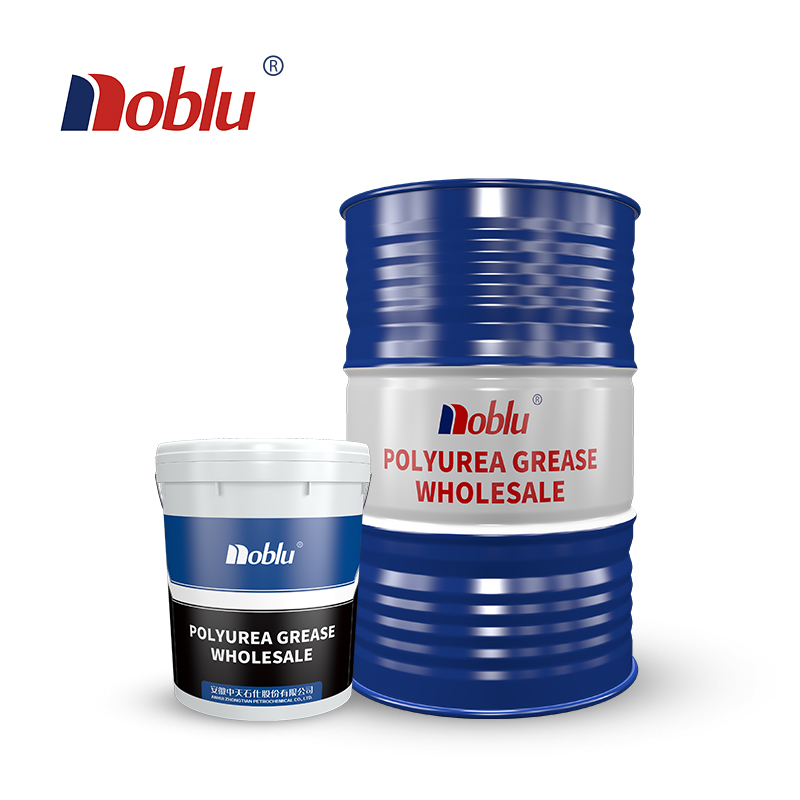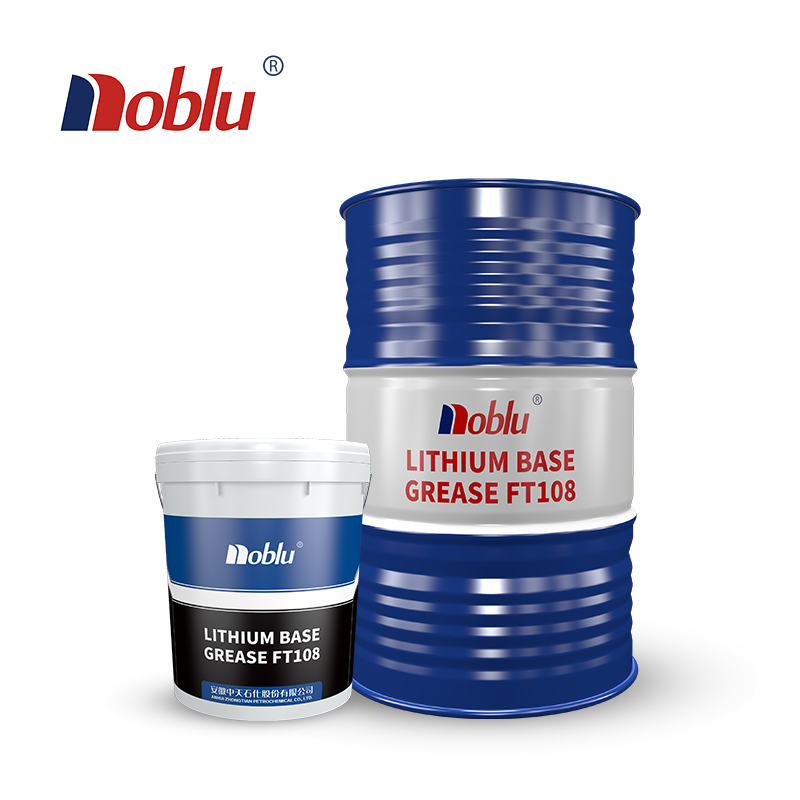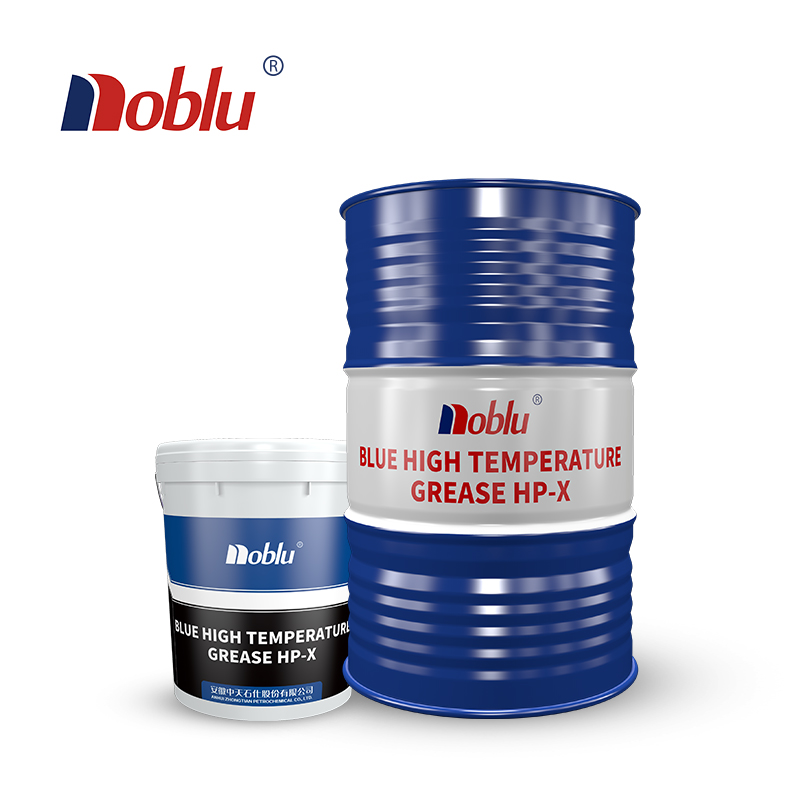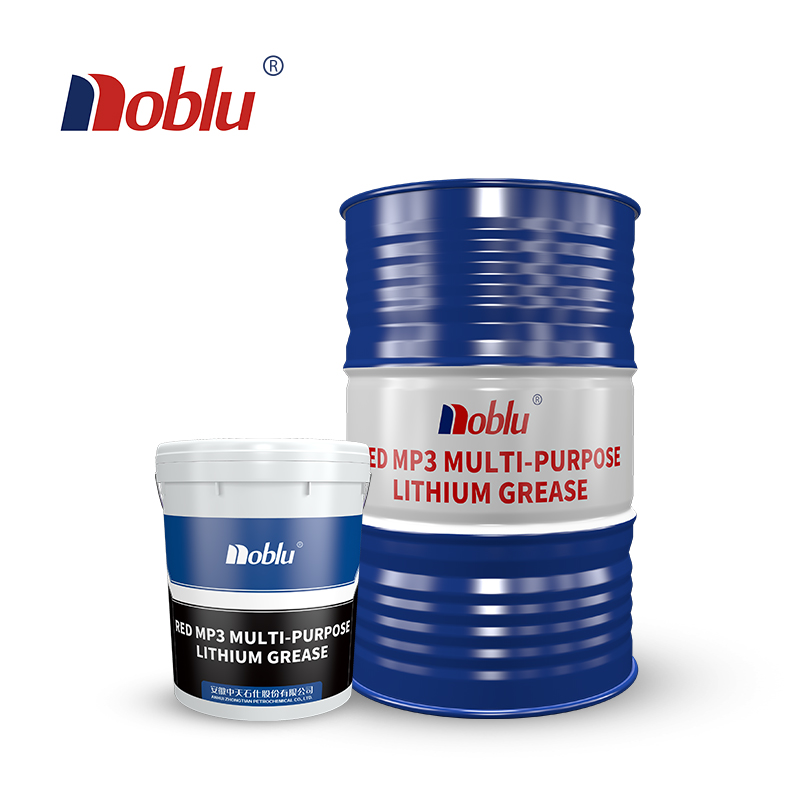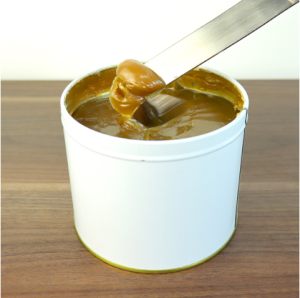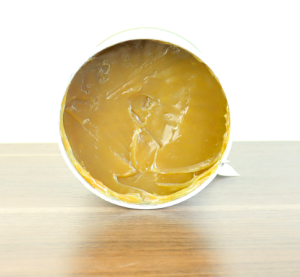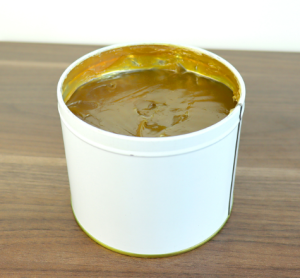This comprehensive article delves into the advantages, features, and expert knowledge that will illuminate the true value of this extraordinary substance. Prepare to be captivated by the stories, examples, and tips shared within these pages, designed to elevate your understanding and unlock its full potential.
The Genesis of Aluminum-Based Grease
Aluminum-based grease traces its origins to the early 20th century, when the need for a high-temperature, water-resistant lubricant became imperative. It was during this era that pioneering scientists discovered the remarkable properties of aluminum soap, which possessed the ability to withstand extreme temperatures and hostile environments.
Aluminum Soap: The Heart of Aluminum-Based Grease
Aluminum soap serves as the core component of aluminum-based grease, acting as a thickener that imparts its characteristic semi-solid consistency. This unique structure allows it to effectively separate metal surfaces, preventing friction and wear. Aluminum soap’s exceptional stability enables it to maintain its integrity under extreme pressure and temperature fluctuations.
Advantages of Aluminum-Based Grease
The advantages of aluminum-based grease extend far beyond its mere ability to lubricate. Its versatility and exceptional performance make it an indispensable choice in countless industrial applications.
Exceptional High-Temperature Resistance
Aluminum-based grease exhibits unparalleled resistance to high temperatures, far surpassing conventional lubricants. This unique trait makes it ideally suited for use in high-heat environments, such as industrial furnaces, ovens, and manufacturing equipment. It can withstand temperatures ranging from 260°F (127°C) to 400°F (204°C), ensuring reliable lubrication even in the most demanding conditions.
Superior Water Resistance
Aluminum-based grease boasts exceptional water resistance, enabling it to withstand exposure to moisture and humidity without deteriorating or compromising its performance. This property makes it an excellent choice for applications where exposure to water or condensation is unavoidable, such as outdoor machinery, marine equipment, and food-processing facilities.
Enhanced Load-Carrying Capacity
One of the key advantages of aluminum-based grease is its remarkable load-carrying capacity. The presence of aluminum soap creates a strong and stable film between metal surfaces, allowing it to support heavy loads without breaking down. This exceptional load-bearing ability makes it ideal for use in heavy-duty machinery, bearings, and gearboxes.
Corrosion Protection
Aluminum-based grease acts as a protective barrier against corrosion, preventing metal surfaces from rusting or deteriorating. It forms a thin film that shields metal surfaces from moisture, oxygen, and other corrosive elements, thereby prolonging the lifespan of equipment and reducing maintenance costs.
Extended Service Life
Aluminum-based grease possesses an extended service life compared to conventional lubricants. Its exceptional stability and resistance to oxidation allow it to maintain its performance over a prolonged period, reducing the frequency of relubrication and downtime.
Applications of Aluminum-Based Grease
The diverse properties of aluminum-based grease make it applicable across a wide range of industries and applications. Its versatility and reliability have earned it a prominent place in the following sectors:
Automotive and Transportation
Aluminum-based grease is widely used in automotive applications, where its high-temperature resistance and load-carrying capacity are critical. It is commonly found in wheel bearings, chassis components, and engine parts that operate under extreme conditions.
Industrial Machinery
Aluminum-based grease is indispensable in industrial settings, where it lubricates machinery operating under heavy loads and high temperatures. It is utilized in bearings, gears, conveyors, and other components subject to demanding operating conditions.
Food Processing
Aluminum-based grease’s water resistance and corrosion-resistant properties make it suitable for use in food-processing facilities. It is applied to equipment that comes into contact with water or food products, ensuring hygienic and reliable operation.
Marine and Offshore
Aluminum-based grease’s exceptional resistance to water and salt makes it ideal for marine and offshore applications. It is used to protect metal components on ships, boats, and offshore platforms from the corrosive effects of salt water.
Features of Aluminum-Based Grease
In addition to its numerous advantages, aluminum-based grease exhibits a range of distinctive features that contribute to its superior performance:
High Dropping Point
Aluminum-based grease possesses a high dropping point, which refers to the temperature at which it begins to melt. This high dropping point enables it to withstand high operating temperatures without softening or dripping, ensuring continuous lubrication and protection.
Low Oxidation Rate
Aluminum-based grease exhibits a low oxidation rate, meaning it resists chemical breakdown due to oxygen exposure. This property contributes to its extended service life and stability, even under high-temperature conditions.
Good Adhesion
Aluminum-based grease adheres effectively to metal surfaces, forming a strong and durable film that prevents it from being washed away or displaced by external forces. This adhesion ensures constant lubrication and protection.
Extreme Pressure Additives
Aluminum-based grease often incorporates extreme pressure (EP) additives to enhance its load-carrying capacity and reduce wear under heavy loads. These additives create a protective layer on metal surfaces, preventing metal-to-metal contact and extending equipment life.
Technical Specifications
The technical specifications of aluminum-based grease vary depending on the manufacturer and intended application. However, some common specifications include:
Consistency
Aluminum-based grease is typically available in a range of consistencies, from semi-fluid to solid, using the National Lubricating Grease Institute (NLGI) consistency system. The most commonly used consistencies for aluminum-based grease are NLGI No. 1 and No. 2.
Temperature Range
Aluminum-based grease can withstand a wide temperature range, typically from -40°F (-40°C) to 350°F (177°C) or even higher. The specific temperature range varies depending on the type and formulation of the grease.
Viscosity
The viscosity of aluminum-based grease refers to its resistance to flow. It is typically measured in centistrokes (cSt) at 40°C or 100°C. Aluminum-based grease exhibits a relatively high viscosity, contributing to its ability to provide effective lubrication.
Expert Knowledge and Tips
To maximize the performance and lifespan of aluminum-based grease, consider the following expert knowledge and tips:
Proper Application
Proper application is crucial to ensure effective lubrication. Before applying the grease, thoroughly clean the metal surfaces to remove any dirt or debris. Apply the grease evenly, using the recommended amount specified by the manufacturer.
Storage and Handling
Store aluminum-based grease in a cool, dry place to prevent degradation. Keep containers securely sealed to avoid contamination. Handle the grease with care to prevent introducing impurities.
Regular Monitoring
Regularly monitor the condition of the grease and equipment. Observe the grease for any signs of discoloration, thickening, or contamination. If any abnormalities are observed, relubricate the equipment promptly.
Correct Lubrication Frequency
Adhere to the manufacturer’s recommended lubrication frequency to maintain optimal performance and prevent premature wear. Relubricate the equipment sooner if it operates in harsh or demanding conditions.
Troubleshooting Common Problems
Despite its exceptional performance, aluminum-based grease can occasionally encounter certain issues. Here are some common problems and their suggested solutions:
Grease Hardening
Grease hardening can occur due to oxidation, contamination, or excessive heat. To resolve this issue, remove the hardened grease and thoroughly clean the surfaces. Reapply fresh grease according to the manufacturer’s instructions.
Grease Leakage
Grease leakage can be caused by improper application, worn seals, or excessive vibration. Tighten any loose fittings, replace damaged seals, and reduce vibration levels to prevent leakage.
Corrosion of Metal Surfaces
Corrosion under the grease can be caused by moisture or chemical exposure. Ensure the grease is applied properly, paying attention to sealing exposed surfaces. Regularly inspect the equipment and promptly address any signs of corrosion.
Insufficient Lubrication
Insufficient lubrication can occur due to improper application or infrequent relubrication. Ensure the correct amount of grease is applied and follow the recommended relubrication schedule.
Conclusion
Aluminum-based grease stands as an exceptional lubricant, renowned for its high-temperature resistance, water resistance, load-carrying capacity, corrosion protection, and extended service life. Aluminum-based grease’s ability to withstand extreme temperatures makes it ideal for use in environments where conventional lubricants may fail. Additionally, its resistance to water and corrosion ensures reliable performance even in harsh conditions. The high load-carrying capacity of aluminum-based grease makes it suitable for heavy-duty applications, providing effective lubrication and protection to machinery components under significant stress. Furthermore, its extended service life helps reduce maintenance frequency and downtime, contributing to cost savings for businesses. Overall, the exceptional characteristics of aluminum-based grease make it a valuable lubrication solution for critical operations across diverse industries.

